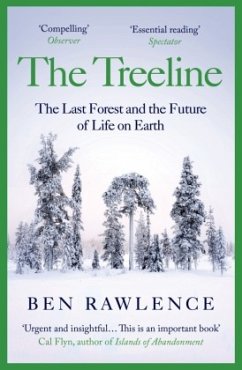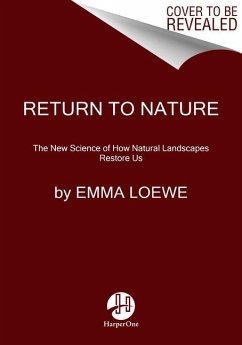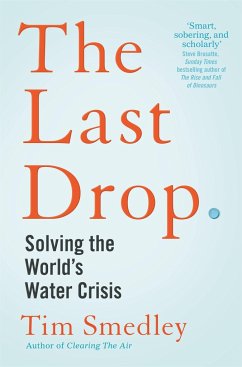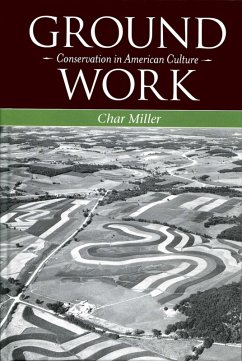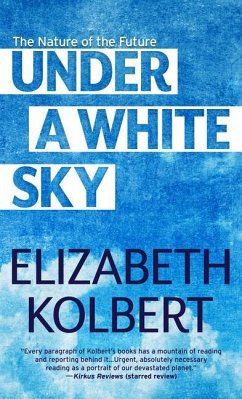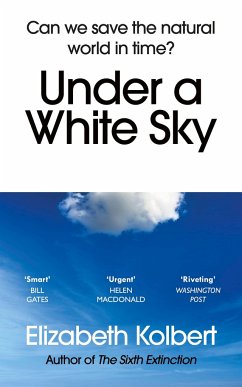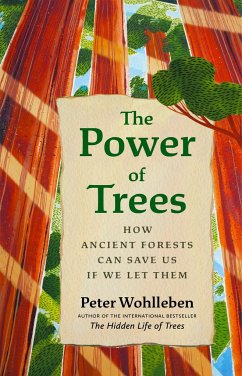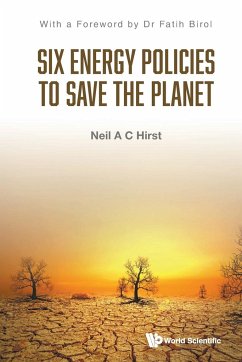
How to Save the Amazon
A Journalist's Fatal Quest for Answers
Versandkostenfrei!
Versandfertig in über 4 Wochen
21,99 €
inkl. MwSt.
Weitere Ausgaben:

PAYBACK Punkte
11 °P sammeln!
"Taking place largely during the term of right-wing Brazilian President Jair Bolsonaro, the book sets out to discover what solutions are available for protecting the Amazon from its destruction, and if those solutions are viable. It is a time of increased violence in the region due to Bolsonaro's anti-environment platform of condoning illegal ranching and mining, creating conflicts between the perpetrators and their supporters and the Indigenous inhabitants and their advocates, with the crescendo of course being the brutal murder of the author himself. Dom Phillips was able to write 3.5 chapte...
"Taking place largely during the term of right-wing Brazilian President Jair Bolsonaro, the book sets out to discover what solutions are available for protecting the Amazon from its destruction, and if those solutions are viable. It is a time of increased violence in the region due to Bolsonaro's anti-environment platform of condoning illegal ranching and mining, creating conflicts between the perpetrators and their supporters and the Indigenous inhabitants and their advocates, with the crescendo of course being the brutal murder of the author himself. Dom Phillips was able to write 3.5 chapters of this book before he was killed, and the book is divided by his death- his original work followed with chapters written by friends and Amazon experts, informed by his notes and fieldwork. In addition to the telling of Dom's own story, the chapters dive deeply into the regional politics and global policies that impact the Amazon, considering the benefits and flaws of each. Chapters investigate urbanization, agroforestry, tourist economies, carbon taxes, government oversight, and more. Deforestation is presented as a complex problem with many partial solutions, most of which are relevant to other global environmental issues as well. The book concludes that to protect the Amazon, we must turn to the Indigenous tribes who know it best and have been caring for it (and planting it) for generations. That passing along their knowledge and educating people about the importance of the Amazon, of its value for its services to humans but also of its value for its own sake and not just as a resource, will be integral to its preservation. In some ways, the conclusions Dom came to and that this book ends with, are radical ideas about reorienting our relationship with "value" and "productivity" away from an extractive, capitalist model and towards a reciprocal relationship with the Earth"-- Provided by publisher.




